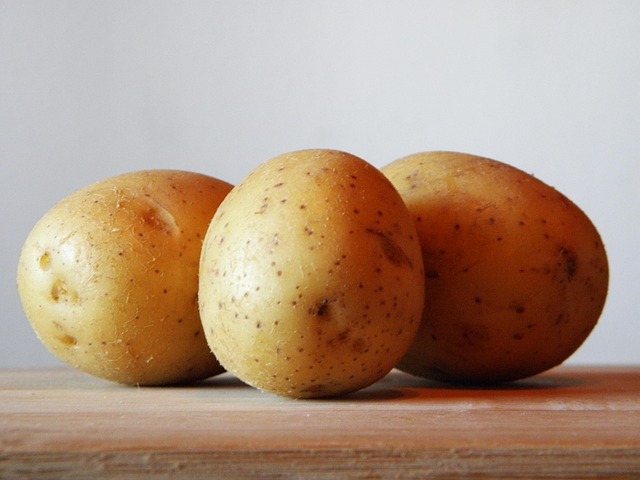Overview
Amylose is a naturally occurring polysaccharide composed of α-D-glucose units linked primarily by α(1→4) glycosidic bonds. It is one of the two major components of starch, the other being amylopectin. Extracted from potato starch, Amylose (CAS: 9005-82-7) is characterized by its linear molecular structure and varying molecular weight depending on its source and processing method.
Chemical and Physical Properties
– Chemical Formula: (C₆H₁₀O₅)n
– CAS Number: 9005-82-7
– Appearance: White to off-white powder
– Solubility: Limited in cold water; disperses more effectively in heated aqueous systems
– Molecular Structure: Linear chains of glucose monomers
– Thermal Behavior: Undergoes gelatinization when heated in water, with structural changes applicable in industrial processes
Sources and Production
Potato-derived amylose is isolated during starch extraction and separation processes. Due to its higher amylose content compared to some other botanical sources, potato starch is often used when higher linear polymer content is desired.
Industrial and Scientific Applications
1. Bioplastics and Biodegradable Films
Amylose’s linear structure lends itself to the production of thermoplastic starch (TPS) materials. When combined with plasticizers and processed under specific heat and shear conditions, amylose can form biodegradable films suitable for packaging and agricultural applications.
2. Pharmaceutical Excipients
Amylose can serve as a binder or disintegrant in tablet formulations, and its film-forming properties are used in controlled drug-release systems. Its interaction with specific polymers also supports encapsulation and delivery of active compounds.
3. Encapsulation and Controlled Release
In material science and drug delivery, amylose is utilized for encapsulating active agents. Its ability to form inclusion complexes with hydrophobic molecules enables controlled and sustained release profiles in a variety of delivery systems.
4. Hydrogel Formation
Under certain processing conditions, amylose can form hydrogels with interesting rheological properties. These hydrogels are explored in fields such as wound dressings, tissue engineering, and soft robotics.
5. Paper and Textile Industry
Amylose is used as a sizing agent and coating component to improve surface properties, strength, and printability of paper and textiles. It enhances smoothness, ink adhesion, and resistance to moisture.
6. Biochemical Research and Molecular Probes
Due to its ability to interact with iodine and certain organic compounds, amylose is used in analytical chemistry and biochemical research for studying carbohydrate-binding proteins and polymer interactions.
Environmental and Safety Considerations
Amylose derived from natural sources like potatoes is biodegradable and non-toxic, making it an environmentally friendly material for many applications. Standard handling practices for fine organic powders should be observed, including minimizing dust generation and using appropriate personal protective equipment (PPE).
Conclusion
Amylose (Potato), CAS: 9005-82-7, offers a sustainable and versatile material option for a wide range of industrial and scientific applications. With its inherent biodegradability and functional properties, it continues to gain interest in materials science, pharmaceuticals, and environmentally-conscious manufacturing sectors.
City Chemical LLC is a top producer of chemicals like: Amylose, Potato (CAS #: 9005-82-7).
Visit City Chemical at www.citychemical.com.
